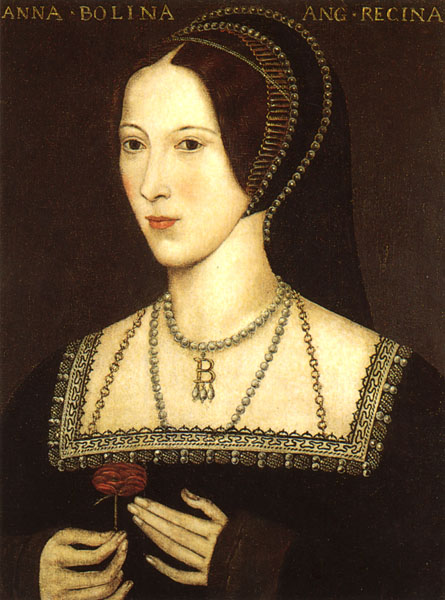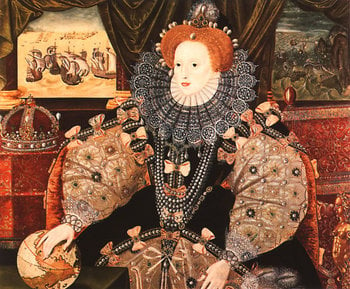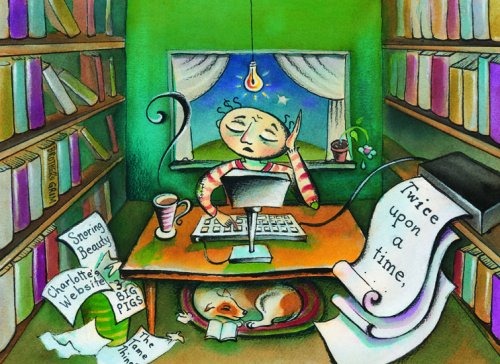On a recent nostalgia kick, I decided to hook up my old Nintendo 64 console to play
The Legend of Zelda: Majora's Mask, a game I played but never finished when I was much younger. For as many frustrating memories of the game, I also had fond memories, too. The
Legend of Zelda games heavily influenced my creative leanings way back when, encouraging some of my first fanfiction writing, and so they hold a special place in my heart. It's a testament to the story and setting that a game like
Ocarina of Time can still compete with other video games today, even lacking the graphics.
It got me thinking about what sort of qualities combine to make a "classic" or a story with long-lasting appeal -- something that makes the audience want to come back time and time again for the experience, regardless of knowing the ending.
In part, the argument could be made that it has to do with nostalgia, where memory evokes some of the good feelings associated with the reading/watching/playing/etc of the story. But I don't want to oversimplify matters here. A terrible story cannot be redeemed by nostalgia alone. There has to be that special something first to create a point of nostalgia for the future, where we can look back and go "that was really a fantastic story" and want to revisit the world and the characters that were a part of the journey.
Here are just three of the factors I've come up with:
 An Identifiable Protagonist.
An Identifiable Protagonist. All writers know that their main characters should be memorable in some way, or else they'll just be words on a page and soon forgotten. Taking that a step further, an identifiable protagonist is one that could be easily picked out in a line-up of characters. They are particularly unique in some way or fashion that sets them apart from your average fictional character.
Off the top of my head, examples would include Link from
Zelda with his trademark green outfit or Harry Potter with his glasses and lightning bolt scar. While these are primarily appearance-based, personality shouldn't be underestimated either. Think of Jack Bauer from
24 who's recognized by his devotion to his country and getting the job done no matter what the cost; or Katniss Everdeen from
The Hunger Games and her extraordinary selflessness in regards to her sister.
A Great Supporting Cast. No man is an island, and no one character can carry a story on their own. A setting must be populated by interesting secondary characters -- ones that have their own goals, beliefs, and purposes for being where they are and doing whatever they do. The more memorable, the better. Not all need be likable, though -- and in fact, it's better if some aren't! Audiences love to hate a despicable character as much as they enjoy rooting for a good one. (And sometimes, if they're like me, they love to love the villains, too! Poor maligned villains. ;))
A World All Their Own. It doesn't need to be an outrageous fantasy land with magic and elves prancing about, or a sci-fi universe with advanced technology aplenty, although that's always fun, but it does need to have consistency and authenticity. Magic should have rules, technology limitations, and actions consequences. This results in a believable setting that adds to the action and story, rather than distracting away from it. Examples of well thought-out worlds would be Tolkien's Middle-earth or Collins' Panem.
It goes without saying that great writing also helps make for a great story! That being said, what qualities or factors do you think make for a timeless tale? What sort of thing keeps you returning to the same stories? What are some of your favorite story worlds to "visit"?












.jpg)





